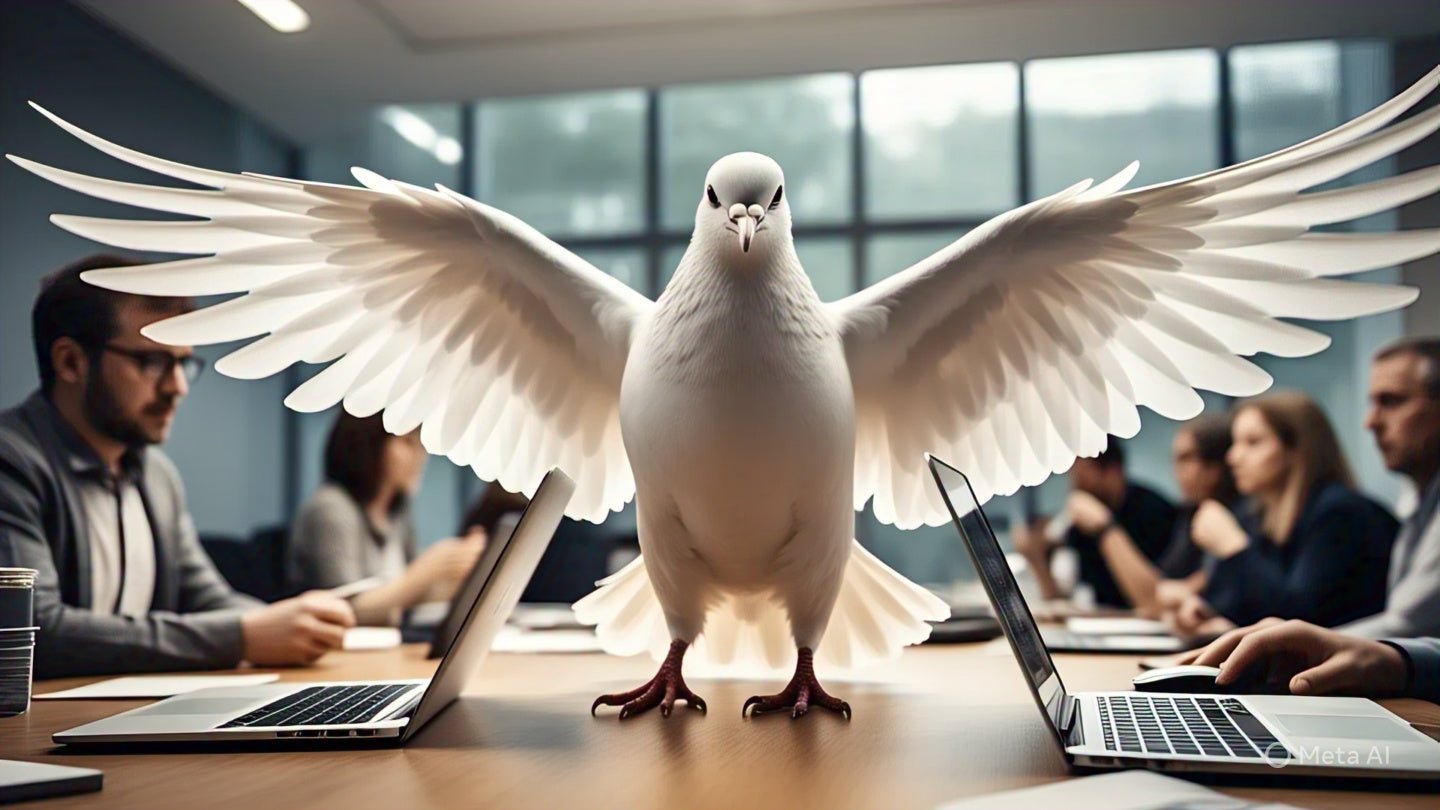
Non-profit organizations (NPOs), Non-Governmental Organizations (NGOs), and Civil Society Organizations (CSOs) play a crucial role in global development, humanitarian aid, and peacebuilding. But increasingly, these very institutions — built on goodwill — are being targeted and exploited by criminals and terrorists.
From money laundering to terrorist financing to the proliferation of weapons of mass destruction (WMDs), criminal networks are using the structures and global reach of NPOs/NGOs to move illicit funds across borders and disguise illegal activity.
This article explores how the sector can defend its integrity, and what governments, financial institutions, and civil society leaders can do — together — to protect it.
1. 🚨 Why NGOs and NPOs Are at Risk of Financial Crime
The very traits that make NPOs/NGOs impactful also make them vulnerable:
-
Cross-border funding and operations
-
Decentralized structures with branches in high-risk or conflict zones
-
A focus on cash-based aid distribution
-
Less scrutiny in traditional AML/CFT (Anti-Money Laundering/Counter Financing of Terrorism) regimes
Criminals exploit this by:
-
Channeling illicit money through donations or grants
-
Setting up fake NGOs as fronts
-
Diverting legitimate funds for terrorist operations or weapons trade
🧨 Real-world cases include abuse of charities in conflict zones to fund extremist groups, and use of "donation chains" to clean and move dirty money.
2. 🛡️ Strengthening AML/CFT Controls Without Harming Legitimate Missions
It’s important to balance risk management with humanitarian access. Here’s how:
🔹 Clear Risk Categorization:
-
All NPOs should undergo risk assessments — not all carry the same exposure
-
Organizations working in high-risk regions or with high-volume cash disbursements must be flagged for enhanced oversight
🔹 Tailored KYC & Due Diligence:
-
Financial institutions must apply sector-specific KYC for NGO/NPO clients
-
Understand the source of donations, ultimate beneficiaries, and grant disbursement models
🔹 Real-Time Monitoring:
-
Watch for:
-
Unusual cross-border inflows
-
Donations from high-risk jurisdictions
-
Sudden spikes in fund volumes

3. 👥 Government–NPO Partnerships Are Key
Governments can play a supportive, not punitive role.
How?
-
Create regulatory clarity: many NPOs fear account closures due to vague rules
-
Launch capacity-building programs to train NGO leaders on compliance
-
Develop secure channels for cross-border aid with traceability features
-
Work with international organizations (like FATF, UNODC) to adopt global best practices
When NPOs are treated as partners, not suspects, mutual trust and safety improve.

4. 🧾 Role of Financial Institutions: Not Just Gatekeepers, But Enablers of Transparency
Banks and payment platforms must move beyond basic KYC and embrace sector-specific compliance.
What they can do:
-
Build specialized onboarding protocols for NPOs/NGOs
-
Engage in dialogue, not de-risking — avoid blanket account closures
-
Use AI-driven anomaly detection for high-risk NPO accounts
-
Share typologies and trends with FIUs and regulators
The goal is to ensure that financial access remains open for genuine organizations — while closing the door on criminal abuse.

5. 🌍 A Shared Mission: Protecting Civil Society from Criminal Capture
If terrorist networks are laundering money through charitable sectors, it’s not just a legal issue — it’s a moral crisis.
The impact?
-
Legitimate aid doesn't reach those in need
-
Public trust in NGOs erodes
-
Donor confidence drops, shrinking global humanitarian funding
We need a system where transparency doesn’t hinder action — it amplifies impact.
Conclusion: Purpose Must Be Protected by Policy
Money laundering, terrorist financing, and organized crime threaten more than markets — they attack human rights and the rule of law.
NPOs and NGOs are among our most powerful tools for good. But they must be protected with robust controls, strong partnerships, and smarter compliance.
Let’s ensure that the hands reaching out to help the world don’t become unwitting enablers of global crime.
-
-


Share:
🛡️ Remote Deposit Capture & AML: How Banks Can Mitigate Laundering Risks
🎯 Crowdfunding or Crime-funding? The Hidden Risks of Online Donation Campaigns